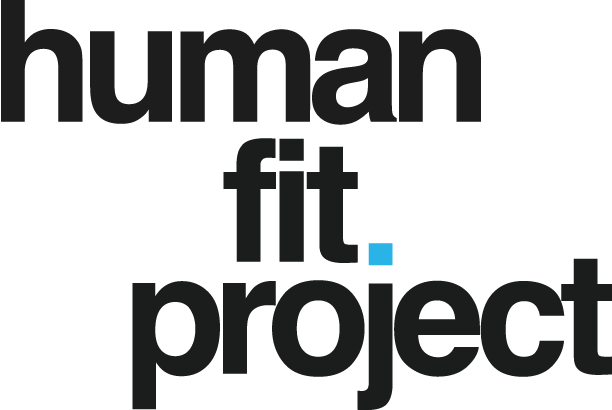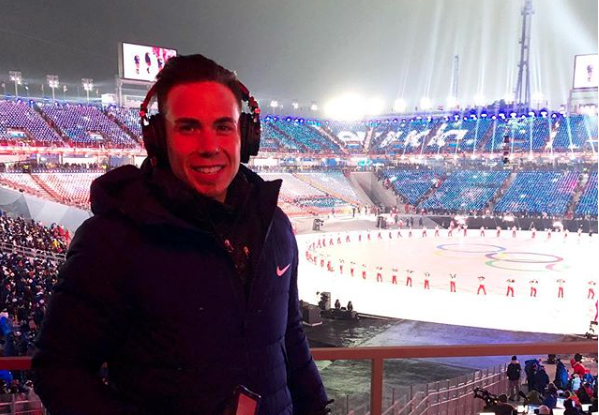If we were to rewind time nearly tens years, Apolo Ohno would be warming up, stretching out, eating a carefully-portioned meal, and clearing his head. Then, he’d repeat that exact process day-in and day-out. Clearly his system worked. Ohno finished his career as the most decorated winter Olympian in US history with a total of 8 medals: 2 gold, 2 silver, and 4 bronze. While his time on the ice may be over, he’s been far from finished—and in more ways than one. Let’s also not forget, in 2014 he competed in the Ironman World Championships and finished in 9:52:27.
These days, Ohno’s competition is part-business, part-entertainment. He considers himself a serial entrepreneur and builds on ideas and concepts from the ground up. He’s worked in several industries including telecommunications, biotech, real estate, and most recently, the cryptocurrency blockchain sector with HybridBlock (hybridblock.io) He’s also a commentator and has had a front row seat to witness the next generation of great athletes compete for gold at the 2014 Winter Olympics in Sochi and again at this year’s 2018 Winter Olympics in Pyeongchang.
Prior to Ohno’s flight to South Korea, we caught up with the legend himself for a discussion about the evolution of his physical training and nutrition, why it’s so important we all strengthen our mental fitness, plus his advice on successful entrepreneurship.
Everyone gets excited for competition. Finally, all the long hours of hard work, sacrifice, and focus are put to the test. May the best man/woman win. But for Ohno, he recalls the process of getting there as much more rewarding. “That’s where you learn the most about yourself,” he says. And over the years he’s certainly learned a lot.
OHNO KNOWS TRAINING
As a young athlete, Ohno would bombard his body with volume (in other words, a lot of work.) “I didn’t really understand the potential that I had physically and how to maximize it because I just recovered so fast,” he says. “The more stress that I placed upon it [the body], the better I adapted, the faster that I got, the stronger that I became,” he explains.
But as he matured, things began to change. His training evolved to be more specific to his sport instead of bulking up for the sake of getting bigger and stronger. “I realized I’d been wasting half of my training sessions doing things that really didn’t impact my sport in any capacity,” he says. “I was probably carrying an extra ten to fifteen pounds in excess body-weight that really wasn’t necessary for me to skate fast,” he explains. This was the moment he realized it was time to focus on exercises that emulated and mimicked the exact movements he would be doing out on the ice.
Below is a piece by TIME.com’s Sean Gregory on the specific training Ohno went through prior to the 2010 games in Vancouver:
OHNO KNOWS NUTRITION
In terms of diet and food, Ohno made significant changes after an evaluation with a nutritionist found that he had been consuming nearly 3,800 calories for breakfast alone. “It was crazy. I was just young and eating a stupid amount of food and didn’t really know, but most of that was just garbage, wasteful calories. It wasn’t quality nutrition,” he says. After making some tweaks, he found that his body operated best on a quasi-keto diet that favored protein and fats with strategic uses of carbs—saving them for pre and post-workout.“My body was just so much more efficient,” he says. This new approach to eating was a game-changer for his recovery.
OHNO KNOWS MENTAL FITNESS
Going hand-in-hand with Ohno’s training and nutrition pivots, meditation and visualization techniques took his performance to new heights. “I think the mental component is probably the most overlooked part of any training regimen. It’s never inside any training program or manual. There’s never a time that says, ‘mental prep’ or ‘visualization time’. It was a real critical piece for me. It was literally the difference between me winning and me not even making it into a final oftentimes,” he says.
Easier said than done, right? Maybe. But, Ohno believes the key is to learn how to listen and acknowledge what’s going on in your head. “Understand that there’s nerves, and anxiety, and potential fear that sets in, which are all completely natural components of a human being; but these things do not determine who we are, or how we’re going to perform, or what is going to happen,” he explains. “Quieting the mind and focusing on the things that are within your control are the most critical, the most important, and also the most beneficial to any athlete,” he continues.
Ohno still puts his techniques to practice and thinks there’s great deal of value for anyone. “If your perception is that everything is against you and you don’t know what’s going to happen, that’s a fear state to live in and you have complete control over that, regardless of the actual situation. It’s your perception of the situation that is defining,” he says.
OHNO KNOWS BUSINESS
Now, when it comes to being fit enough for the world of business, Ohno admits he hasn’t always won but he’s always evolving and adapting—similarly to his younger and older years as an athlete in training. “I’ve done many businesses, some have been wildly successful, some have obviously failed but I’ve learned from those,” he says.
His two biggest lessons? Timing and research. “You could have an incredible idea, with an incredible team, and an incredible product, but if you’re just too early, you can’t force your way through it,” he says. And don’t think you can blame it on a lack of funding or resources. “It doesn’t matter how much money you have either.”
But before he even starts on a new venture, you’d better believe he’s doing his studying and homework. “I think that people oftentimes jump into something without having any understanding, or breadth of knowledge, or experience,” he says. “There’s nothing wrong with doing that, but just understand that there is going to be an educational period.”
Can’t wait to see what Ohno gets into next.

